Here we are again, approaching the end of another year. As usual, I’ve picked out my twelve favourite books that I read in 2021, regardless of when they were first published. I always find that doing this provides me with an interesting snapshot of my reading year as a whole. This year’s snapshot has given me cause to reflect – but more on that in another post. For now, here are my reading highlights of 2021:
12. Angélique Villeneuve, Winter Flowers (2014)
Translated from French by Adriana Hunter (2021)
A novel set in the aftermath of World War One, in which a woman tries to rebuild her relationship with her disfigured husband, while the community around comes to terms with its own traumas. Winter Flowers is one of those books that cuts through preconceived notions about its subject matter to capture raw feeling.
11. Judith Bryan, Bernard and the Cloth Monkey (1998)
If it hadn’t been for the ‘Black Britain: Writing Back‘ series curated by Bernardine Evaristo, I might never have come across Bernard and the Cloth Monkey. I’m so glad I did. This tale of a young woman returning to her family home constantly shifts in register, creating a kaleidoscope of emotion in a seemingly ordinary setting.
10. Adam Mars-Jones, Batlava Lake (2021)
I like stories that are shaped by a strong narrative voice, and that’s very much the case with Batlava Lake. Mars-Jones introduces us to Barry, a matey, chatty engineer who’s really not equipped to convey the brutality of war in Kosovo. But that very inadequacy is what makes the book work so well.
9. Andrew Komarnyckyj, Ezra Slef, the Next Nobel Laureate in Literature (2021)
Of all the books I read in 2021, I think this was probably the most fun. It’s a spoof literary biography whose purported author talks more about himself than his subject, and deals with a Twitter troll by (inadvertently) making a deal with the Devil. Just thinking back to reading Ezra Slef makes me smile.
8. Rebecca Watson, little scratch (2021)
little scratch was the least conventionally written novel that I read all year, with its words scattered in different patterns across the page. Those words are the thoughts of a young woman going about her day while something plays on her mind. It’s a technique that really brought me close to the narrator and the tension that grows throughout the book.
7. Ivana Dobrakovová, Bellevue (2009)
Translated from Slovak by Julia and Peter Sherwood (2019)
This book was probably my biggest surprise of the reading year, in that I wasn’t prepared for the way it turns, so subtly and effectively. Its protagonist takes a summer job working with disabled people, but struggles to cope. Her mental health is affected, which we see entirely through changes in the shape of her narration – which is what makes the effect so powerful.
6. Natasha Brown, Assembly (2021)
More shapeshifting prose here, but in this case the protagonist is finding her voice. A Black British woman working in the banking industry reflects on her situation, and asks herself how she really wants to be. The prose is constantly changing to match her thoughts as she assembles the pieces of her life, building to a crescendo for narrator and reader alike.
5. Isabel Waidner, Sterling Karat Gold (2021)
A worthy winner of the Goldsmiths Prize, this novel strikes me as a carnival – in the sense of both an entertainment and a festival challenging social structures. Sterling and their friends face a nightmarish authoritarian world that works against them in ways they don’t understand. There are matadors, showtrials, time-travelling spaceships – and hope to be found in pushing back.
4. Federico Falco, A Perfect Cemetery (2016)
Translated from Spanish by Jennifer Croft (2021)
I love story collections that work as a whole, and this one certainly does. Falco’s protagonists are all facing pivotal moments of change in their lives, and his stories are suitably dynamic. There’s a great sense of place and character about these tales, and each one opens out memorably as it ends.
3. Claudia Piñeiro, Elena Knows (2007)
Translated from Spanish by Frances Riddle (2021)
Elena has Parkinsons, and this novel is structured around the ebb and flow of her energy levels. She’s forced to confront the limits of her knowledge about her daughter, which reflects the limits of what she can do during the day. With so many of the books on my list, the language brought me right into the protagonist’s world – perhaps none more so than Elena Knows.
2. Jon McGregor, Lean Fall Stand (2021)
I was intrigued at the prospect of a Jon McGregor novel set partly in the Antarctic. In the end, I experienced Lean Fall Stand as viscerally as any of his others. A polar guide tries to rebuild his life and self after a stroke. McGregor explores how language breaks down and re-forms around this event, in a dizzying rush of a novel.
1. Paul Griffiths, The Tomb Guardians (2021)
The single most powerful reading experience I had in 2021 was this slim novel interweaving conversations between the guardians of Christ’s tomb and a present-day lecturer examining 16th-century depictions of them. The book hovers on the knife-edge of uncertainty, and rivals Convenience Store Woman for the sudden power of its ending. This is why I’m reading fiction in the first place.
***
There we go. I hope you’ve found some books in 2021 that you enjoyed as much as I did these. If you’d like to see my selections from previous years, you can find them here: 2020, 2019, 2018, 2017, 2016, 2015, 2014, 2013, 2012, 2011, 2010, and 2009. As ever, thank you for reading, and I’ll see you next year – you can also catch me on Twitter, Instagram and Facebook.
Like this:
Like Loading...
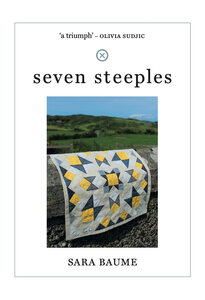
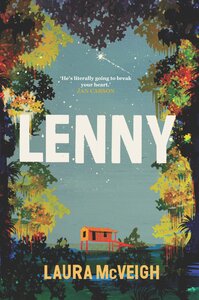
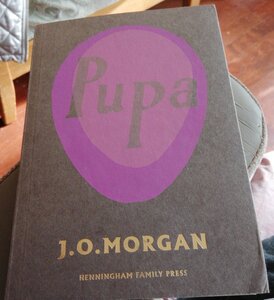
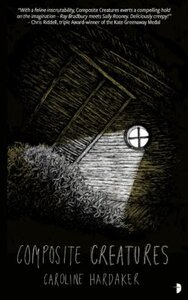
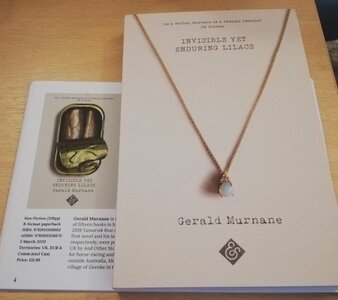



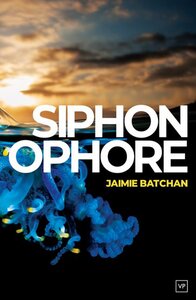
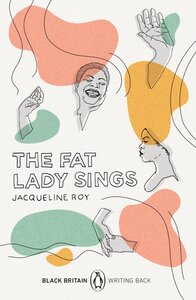
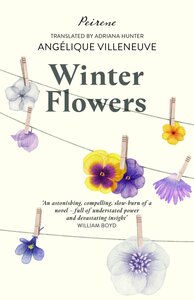
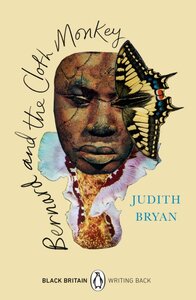
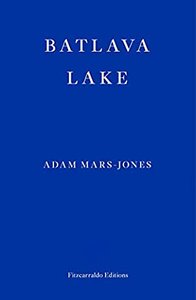
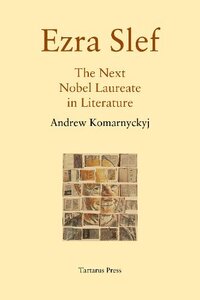
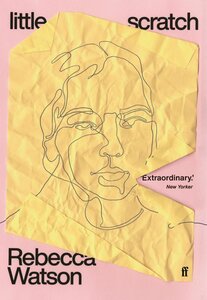
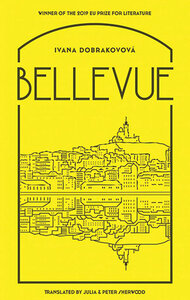
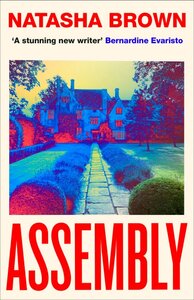
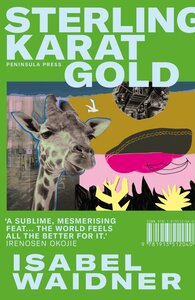

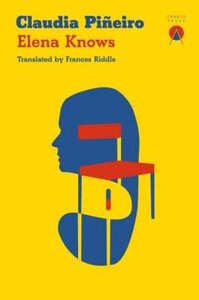
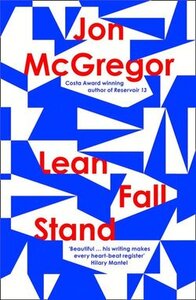
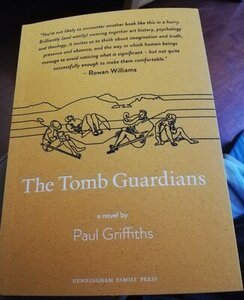
Recent Comments